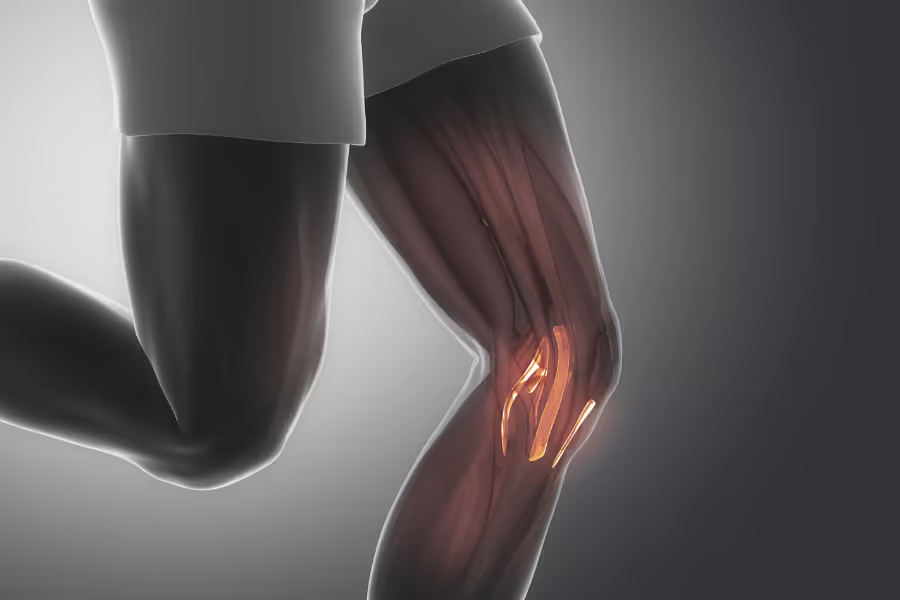
Informational purposes only, not medical or legal advice. Please consult your doctor or surgeon.
Your anterior cruciate ligament (ACL) is a strong band inside your knee that keeps your shin bone from sliding too far forward and helps with cutting, pivoting, and stopping fast. Think of it like a seatbelt for your knee.
ACL tears are a common injury in sport (especially soccer, basketball, skiiing), but also happen in everyday life—usually from a quick twist, sudden stop, or awkward landing. Your knee feels unstable, like it might “give way.”
ACL reconstruction surgery restores stability in the knee by replacing the torn band with a new tendon (called a graft).
In less common cases, the surgeon may repair the band by sewing it back together.
If knee instability/ pain is keeping you from sport, work, sleep, or simple daily movement, time matters. Exploring a private pathway gives you more choice, control, and flexibility while staying within Canadian regulations.
The number one reason you might consider a private ACL surgery is time. Instead of waiting months for surgery, private clinics often offer surgery within weeks. For many, this generally means less pain and faster return to sport and daily activities.
Going private generally gives you a sense of control, which can be reassuring during a difficult time. When you choose a private surgeon, you can:
Private pathways typically provide a clear quote and date, so you can arrange time off, caregiver help, and rehab. This certainty can ease anxiety and help families plan for recovery.
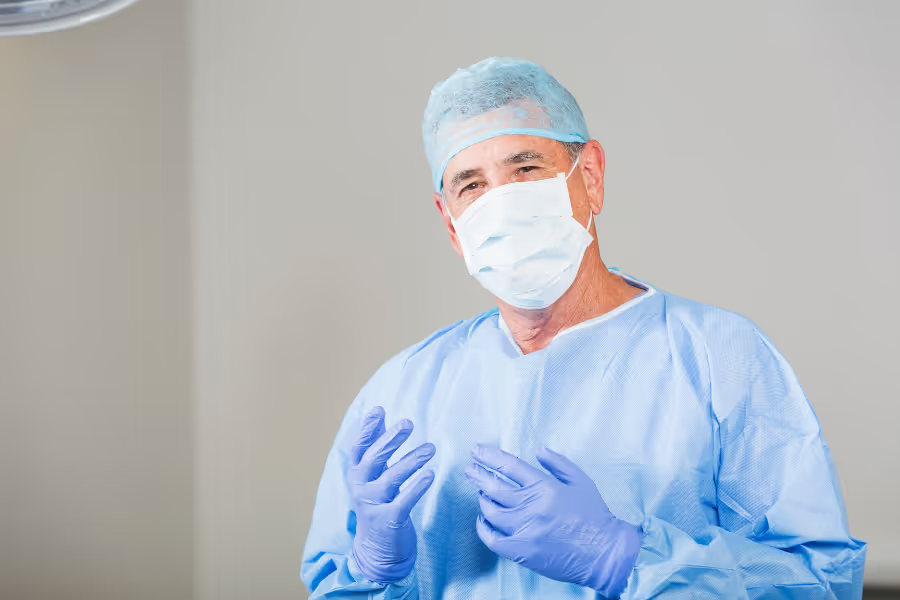
The surgery takes 1-2 hours, and you'll likely go home the same day.
It involves small cuts and a camera (arthroscopy). They remove the torn ACL, drill tiny tunnels in your thighbone and shinbone, thread the new tendon through, and lock it in place with screws or buttons. Your body grows into it and makes it your “new ACL.”
This new tendon comes from you (autograft hamstring, patellar tendon, or quadriceps tendon) or a donor. For teens and active athletes, using your own tendon is most common because it’s more durable for high-intensity sports.

During your consultation with an orthopaedic surgeon, there are many aspects of your injury and health history that need to be thoroughly reviewed. You can expect to have an in-depth discussion about:
In addition to reviewing your history, your surgeon will also perform a detailed physical examination including assessment of:
Your surgeon will also review x-ray images of your knee, and other advanced imaging studies such as MRI (and sometimes CT scans).
Once all of the above has been reviewed, your surgeon will discuss with you the treatment options, and help you make a decision about the most appropriate course of action, depending on your unique situation. If surgery is chosen, you will have further discussions about technical aspects of the procedure, risks and benefits, recovery timelines, etc.
At Ortho South (in Calgary, Alberta) we book initial consultations for an hour to ensure there is enough time to fully understand your function, ideas, feelings, and expectations, as well as to answer the many questions you are likely to have!
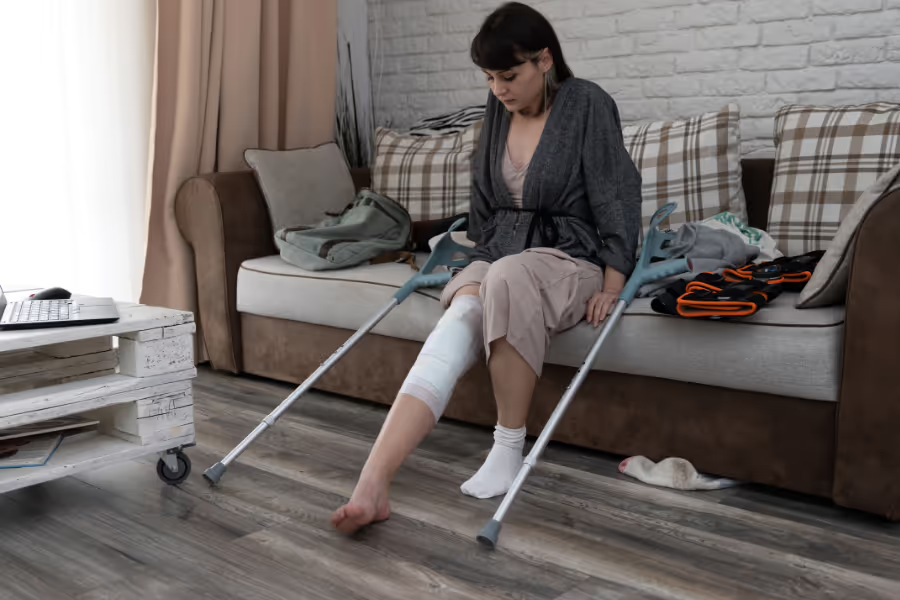
The recovery process varies patient to patient. Your recovery might look quite different, so please seek further guidance from your surgeon. In general here is what you can expect:
Week 1:
Weeks 2-4:
Weeks 5-12:
Weeks 13-52:
ACL reconstruction surgery is a major surgery with significant costs. Private clinics in Canada typically charge $15,000 to $28,500.
In the United States, the average cost for ACL reconstruction is CA$48,000.
Costs vary so much because of location, surgeon experience, facility type, complexity, and included services (some clinics offer all-inclusive, while others charge separately for anesthesia, followup care, etc.).
For more information on costs, check out Private ACL Surgery Cost in Canada: What to Expect.
Choosing your surgeon is one of the benefits of going the private route. Here is what to consider when making your choice.
Another benefit of private surgery is time spent with the surgeon. The consultation will be between 30-60 minutes (but possibly 2hours for complicated cases). Your surgeon should answer most of the questions below, but be sure to bring 5-7 that are important to you.
ACL surgery may be advisable depending on the severity of your injury and your desired lifestyle.
There are three kinds of ligament injuries: stretched, but not torn; partial tear; complete tear. If the ACL is completely torn, then surgical reconstruction is typically needed for active people because the ligament will not heal on its own. Surgical reconstruction is generally needed for partial tears if you're hoping to return to a sport, you have an active lifestyle, or you don't want to risk complete tearing. Stretched ligaments do not need surgical reconstruction.
Your surgeon will advise you on your options based on your unique circumstances.
No, you do not need a referral for private ACL reconstruction surgery in Canada. You can book a consultation directly with a surgeon, and they will review your condition, symptoms, and any previous treatments or diagnostics.
The answer to this question depends heavily on your unique circumstances. Please consult your surgeon for tailored advice.
In general, delaying ACL surgery by 6-12 months presents several potential risks:
If you need ACL surgery, and do not get it, then you may risk:
Here are the main risks of ACL surgery (ACL reconstruction). Most people do well, but it’s important to understand possible complications and how surgeons reduce them.
Common, usually temporary
Occasional
Less common but important
Risk modifiers (raise or lower risk)
How surgeons reduce risks
Red flags after surgery
Your surgeon will provide you with guidance on how to prepare, but you can expect some pre-surgery exercises to help with stiffness, muscle weakness, and range of motion issues. If you smoke, you will be advised to stop to improve healing outcomes. Depending on your weight, you may be advised to diet and exercise to reduce surgical risks and improve healing outcomes.
Home prep: We recommend taking the time to rearrange your home to prepare for the first few months after surgery. Ensure everything you need is within easy reach and remove anything that presents a tripping hazard (chords, sliding rugs, loose items). You might also consider installing safety equipment like a shower chair and safety bars in your bathroom.
Support: Try to arrange for someone to stay with you for the first few days after surgery, and someone close by who can reach you in the event of an emergency for the first several weeks/months after surgery.
Work: ACL surgery recovery is difficult. If possible, you will likely need to request time off work to recover.
Post-surgery practice: You might consider 'practicing' daily activities with substantially limited range of motion, such as getting in and out of the car, getting in and out of bed, putting on and taking off shoes, etc.
Approximately 90% of patients with ACL tears want to get back on the field or court ASAP. But, in general, recovery to the point of returning to sport takes 9-12 months, with some high impact sports requiring up to 24 months. 65% of patients with ACL tears are able to successfully return to pre-injury levels of activity.
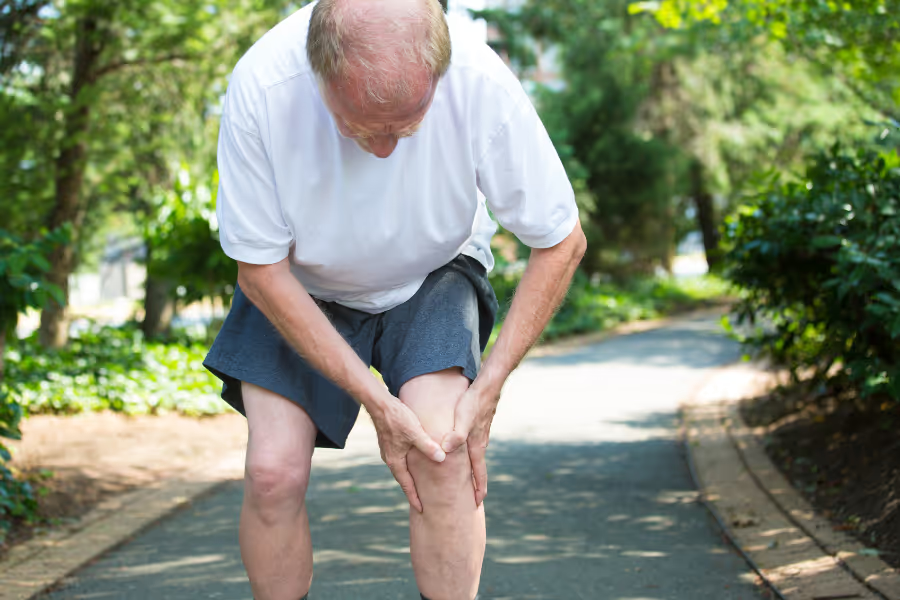
Browse vetted ACL surgeons across Canada. Compare prices, qualifications, locations.
BROWSE SURGEONS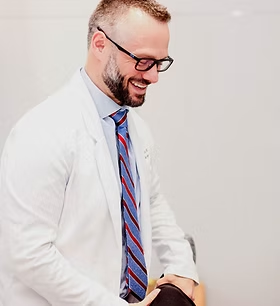

FRCSC-certified orthopedic surgeon with sub-specialty interest in complex knee-related conditions, as well as 14 years of practice experience managing most general orthopedic problems.
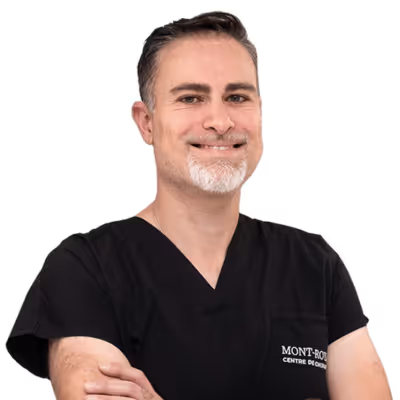

Experienced orthopedic surgeon known for a patient-centred approach and technical versatility, ranging from soft tissue repair (sports medicine) to total joint replacements (knee, shoulder, hip).